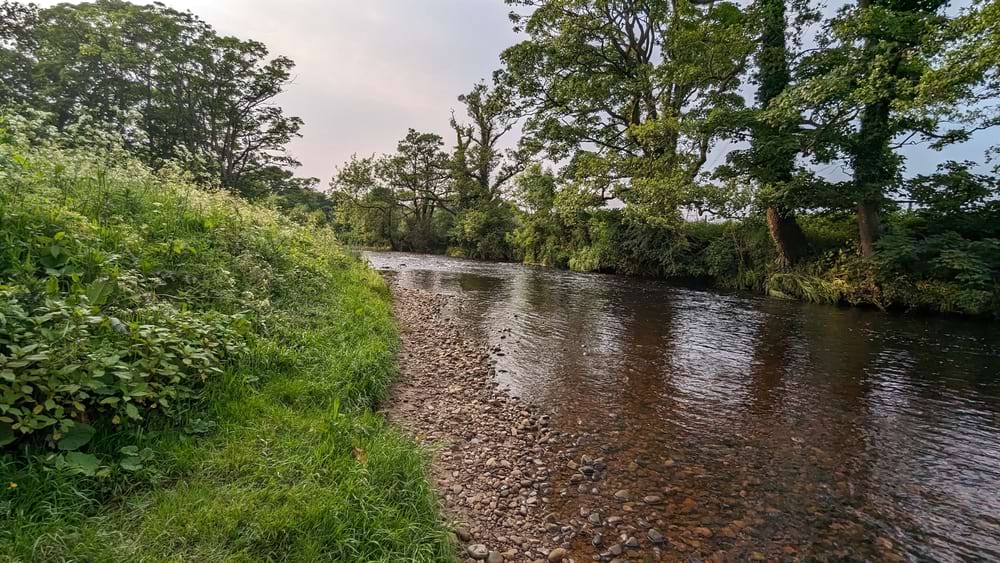Buying a house can be complicated.
From marketing your property to the moving process, there’s a lot to understand.
Once it’s all done, many people get on with their lives until the next move.
However, owning a house can be complicated, too.
So, it’s worth understanding your property rights in the UK, too.
They may influence property value, your future plans, and more.
What are property rights?
Property rights refer to what you’re allowed to do with your own property.
These rights are outlined in law. The local council will often play a part in enforcing them. In many circumstances, they can block you from doing something.
That’s why you may need to apply for planning permission – for example, when extending your house.
Property rights in other contexts
People sometimes use the phrase ‘property rights’ when referring to something besides houses.
For example, ‘intellectual property rights’ relates to the creator of something.
And property rights more broadly is used as a political term linked to rights around:
- Individual liberty
- Economic freedom
- The role of the state in controlling resources.
However, this blog focuses on the rights to a property you own.
Common examples of property rights
Right to use
This gives someone the right to use your house for specific reasons.
The most common example is whether you can conduct commercial (business) activities while living there.
Right to access
This explains whether someone can access your property, and for what purpose.
As the owner, you should always have the right to access it. However, there may be shared walkways if you live in a flat, so access rights must be clearly defined.
Even in detached properties, others may have a right to access your land for specific reasons.
Utility companies are a typical example if water pipes are at the back of your garden.
Property easements and covenants
Easements and covenants are two common types of legal agreements that define who can access property and for what purpose.
Easements on properties grant non-owners rights to use others’ land for a particular reason (i.e., right of way).
Conversely, covenants primarily dictate how property owners can or can’t use their land or the property on it. They can indirectly impact access, but that’s not their primary function.
Right to exclude
As a property owner, you can grant certain people access to your property. But you should also have the right to exclude people, too.
Sometimes, the local council could force you to let certain people or companies onto your land.
Utility companies or council inspectors are prominent examples.
So, if you want to exclude someone – such as a neighbour or a service provider – you must research whether you can do this.
Right to transfer
This right is extremely important to lots of people. It determines who you transfer your property to and how you can do this.
This is a crucial detail for parents who want their home to stay in the family.
Gifting your house or selling it both usually fall under this category. You should be clear about your rights in all these areas.
Right to develop
The right to develop your property is an important one. But often, you must consult with the local council before you do this.
You typically must apply for planning permission before you extend your house.
And they can say no, especially if you live in a registered building, or a protected area.
Get clarity on your right to develop before you buy a house. Has planning permission already been secured?
And if not, have other properties on the same street had any difficulty in this area?
Right to rent
This is one of the most important property rights of people keen to invest in the housing sector.
You should be sure you have the right to rent your home.
For example, with a house in multiple occupancy (HMO), you may need a special landlord license from the council.
Sometimes, a leasehold contract may forbid you from renting it out.
How do I find out what my property rights are?
Most of this information is available via the Land Registry. A solicitor can help you to find this.
You could also gather this information, although you may need to pay a small fee to get a copy of the title register and plan.
Sometimes, understanding your property rights involves a conversation with your local council.
They can impose restrictions in some circumstances.
Do property rights change based on your location in the UK?
Yes, they can do. Local councils can restrict your ability to extend, change your property’s appearance, let out an HMO, and more.
These are all determined on an individual basis. So, your location can make a big difference.
Other times, your property rights are protected by national laws that apply to all parts of the UK.
For example, laws about your right to transfer or use are often the same in all four countries.
Can property rights be changed?
Yes, this is possible in many cases.
A restrictive covenant will often be in place, which will affect your property rights.
But you can modify this or remove it altogether. The same applies to a ‘right of way’ that’s in place.
You’ll often need to complete a Deed of Variation or Transfer Deed to make the changes.
All the affected parties will sign this. A solicitor can help to draft the contract and submit it.
Likewise, even if your local council blocks you from doing something, you can negotiate.
Ask about a compromise if they are reluctant about aesthetic changes or extensions.
Do property rights impact house value?
Yes, they do. Restrictive covenants, planning permission, and the right to rent are all important for buyers.
You should get clarity on all these details before you try to sell.
Your house is more valuable when the property rights are considered ‘advantageous’.
This could mean you’ve already got planning permission, and you’ve got the right to rent.
However, house value drops in disadvantageous scenarios. Maybe someone is allowed regular access to your property.
Or perhaps you don’t have the right to extend the outdoor appearance of your home in any way.
These details can increase your house value by up to 10%.



















